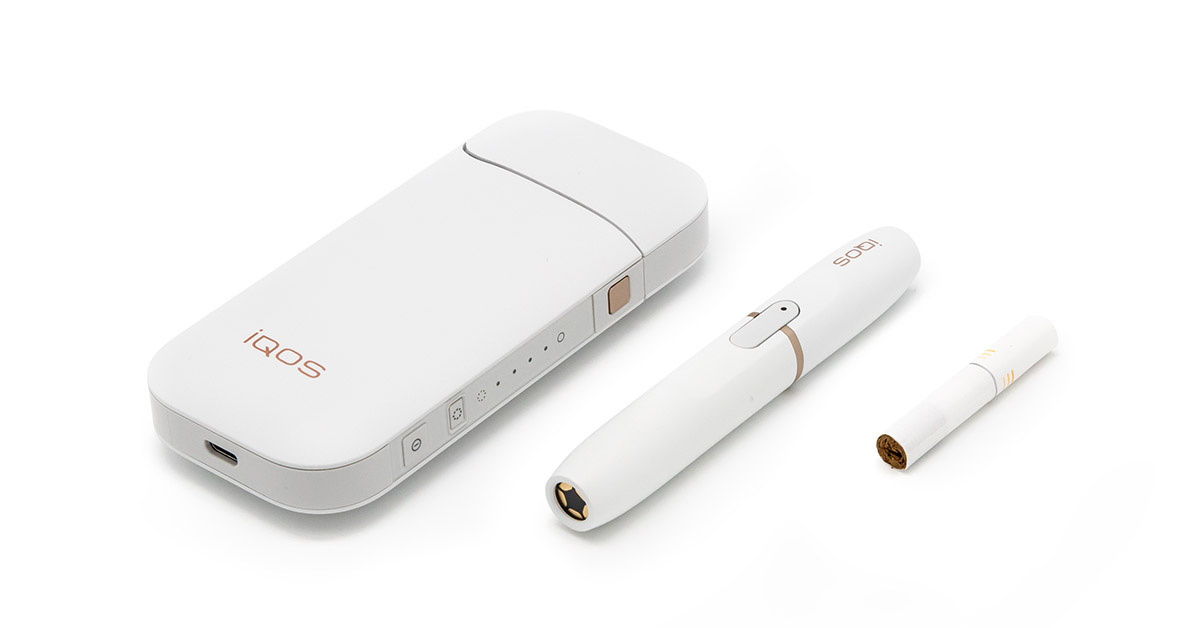A new type of tobacco heating device is becoming very popular in some countries and may eventually show up in the United States. The device is called IQOS and a concerned School of Public Health scientist is urging the research community to investigate its potential to harm the health of users. Associate Professor Irina Stepanov was recently guest editor of a special issue of the journal Tobacco Control dedicated to the new device and co-authored a commentary. Stepanov’s commentary underscored how toxicity and other IQOS health data are mostly available through studies conducted by the manufacturer, and that independent, academic research into the product is needed to accurately inform and protect the public.

“It’s very important that we are proactive and not just reacting when IQOS hits the U.S. market,” says Stepanov. “There are warning signs in the data from the industry that show the potential for triggering inflammatory processes in the lung and other toxic effects. We need to understand what sort of risks the product involves and how it could affect public health before it becomes an epidemic.”
IQOS is an electronic pen-like device and sold in boutique-style stores similar to those used by prominent electronics companies. To use IQOS, a small tobacco-packed stick is placed in the rechargeable holder and heated to produce an aerosol that is inhaled by the user.
“IQOS has tobacco like regular cigarettes and also some of the same ingredients as e-cigarettes,” says Stepanov. “When it is all heated up together, it potentially creates a unique chemical mixture. We don’t know what it will do to people long-term, but it’s obvious from the industry data that there are things in the aerosol that are toxic and cancer-causing.”
Stepanov said the industry reports on IQOS studies over-emphasize the limited beneficial effects of the device and gloss over the indications its potential toxicity, presenting IQOS as a safe alternative to lighting up a cigarette.
To truly determine the safety of IQOS, Stepanov said the public health research community needs to not only understand its chemistry, but also how people will perceive and use it.
“We need to know things like if people will end up dual users of IQOS and regular cigarettes or if kids will think they are safe and fun even though they wouldn’t otherwise consider using a tobacco-containing product,” says Stepanov.
According to Stepanov, once researchers understand the chemistry, toxicity, and behaviors related to using IQOS, they will then be able to design messaging explaining the risks of using the product and help guide regulatory policies governing its sale and use.

